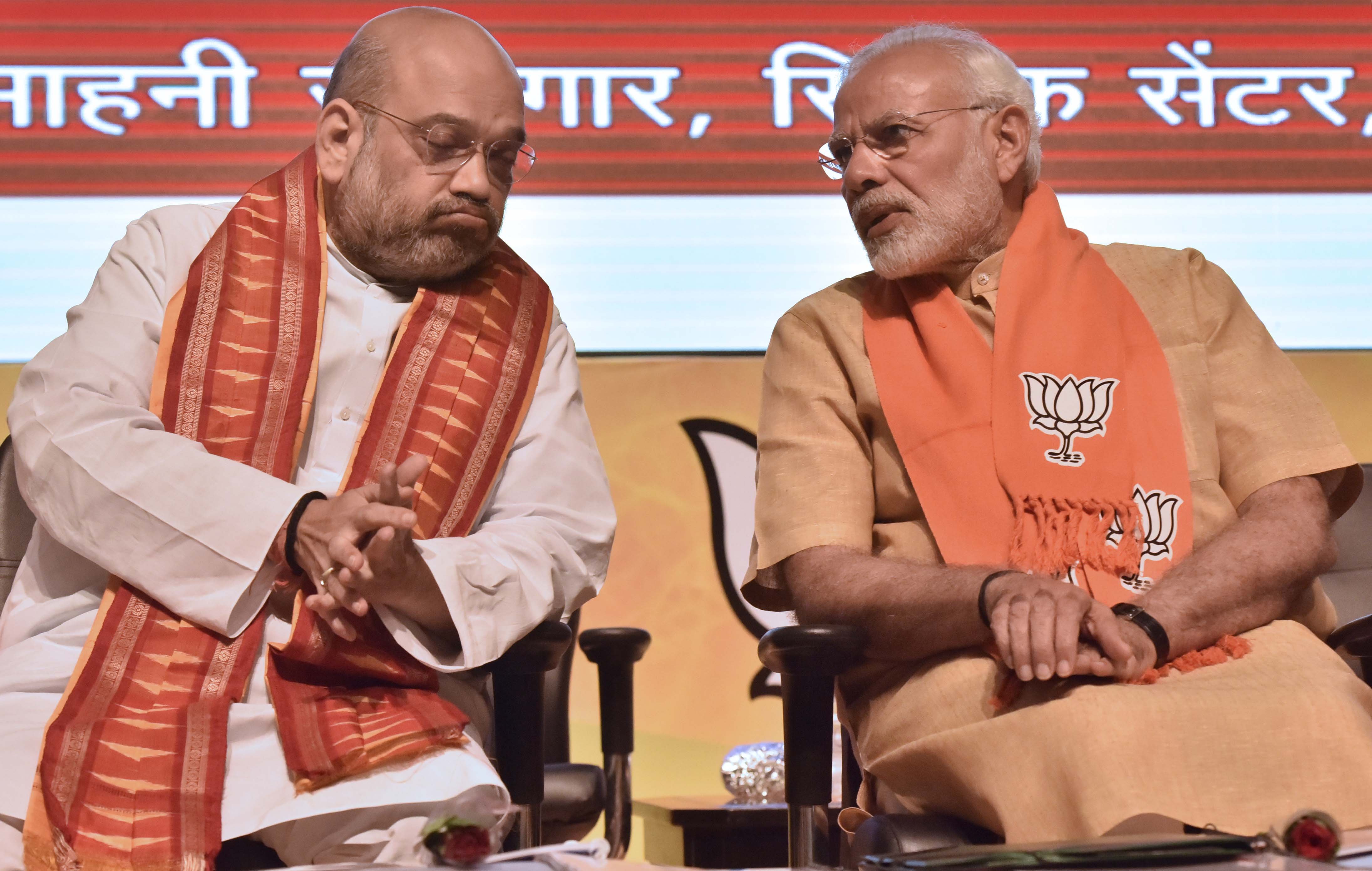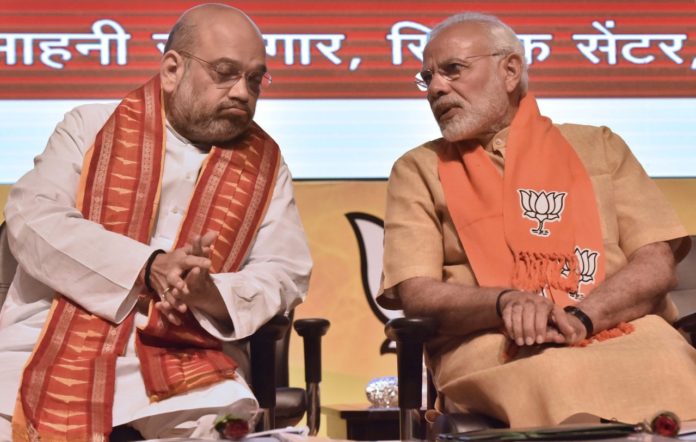
The Bharatiya Janata Party’s (BJP’s) parliamentary majority is currently precariously perched at the midway mark of 272 after the resignation of B S Yeddyurappa and B Sriramulu, who won MLA seats in the recent Karnataka assembly elections. With two more BJP MPs – Kirti Azad and Shatrughan Sinha – no longer dependable (Azad has been suspended for hurling accusations against Arun Jaitley in the DDCA scam, while Sinha has been disgruntled with the party bosses for as long as one can remember – the actual BJP strength may well be below 272, unless the party manages to recoup some seats in the Kairana and Palghar Lok Sabha byelections on 28 May.
To be sure, the majority number in Parliament is a moving target, with five YSR Congress MPs sending in their resignations to the Speaker last month for the centre’s failure to give Andhra Pradesh special category status. These could be accepted any time now. With at least two former YSR Congress MPs – Butta Renuka and SPY Reddy joining the Telugu Desam – at any stage the Speaker could disqualify them for defection. Any seat vacated by 3 June will call for byelections. Resignations after that don’t require bypolls.
With seven MPs down, at least for a few months till byelections take place to find replacements, the effective majority point moves to 264. Or thereabouts. Which should be comfortable enough for the BJP to weather the monsoon session.
But new challenges loom, as byelections to the seats vacated by Yeddyurappa, Sriramulu and the YSR MPs will have to be held over the next few months – possibly latest by August-September. The last thing the BJP needs is more electoral embarrassments before the winter session of Parliament, which will come close to the Rajasthan, Madhya Pradesh and Chhattisgarh assembly elections, where the party faces anti-incumbency sentiments.
To be sure, the National Democratic Alliance (NDA) ministry will not be under any kind of threat, even assuming the Shiv Sena leaves its side before 2019, in any no-trust vote, as long…










